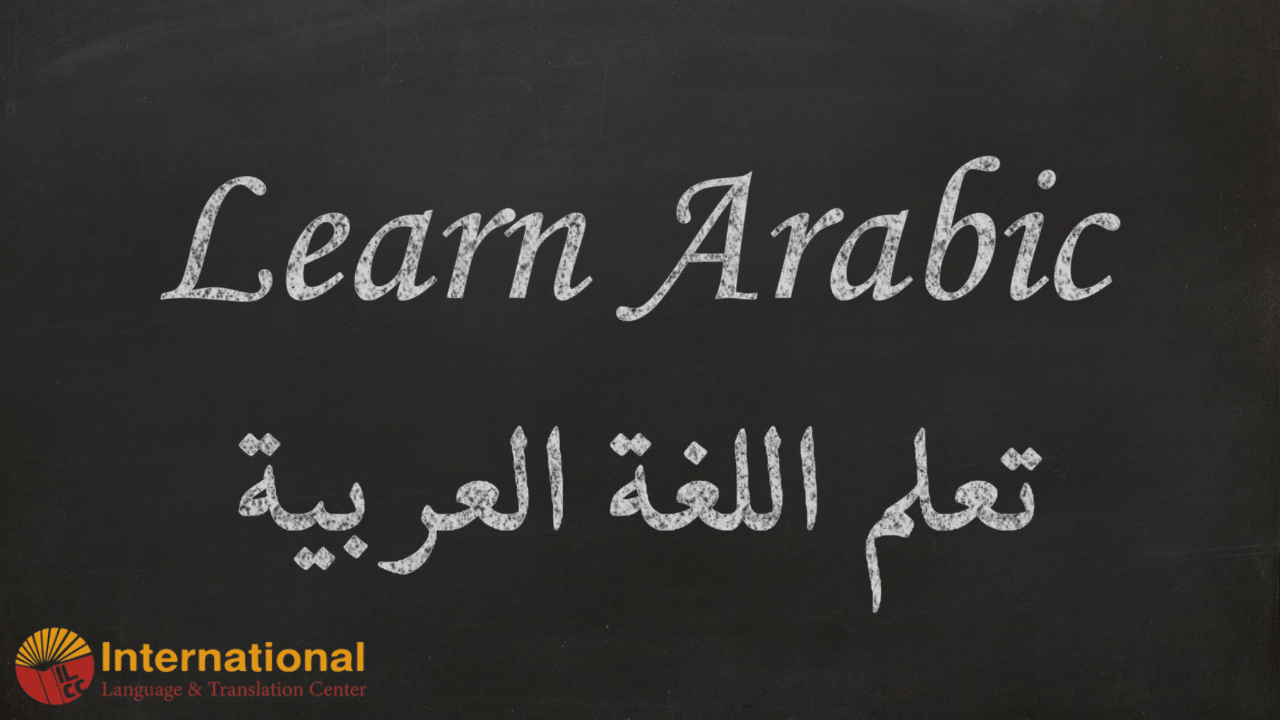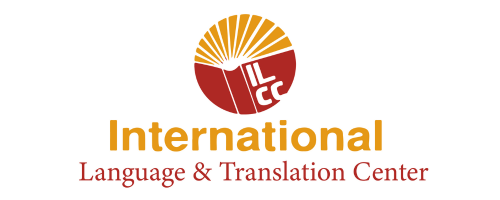month in arabic | Your quick guide to learning Arabic
Through this article, we will present to you what you will be able to learn in a month in the Arabic language, as we will provide you with tips to facilitate your journey of learning this wonderful language.
The Arabic language is one of the most challenging and beautiful languages in the world. It has a rich history and is used in many countries and cultures. As a result, the desire of people to learn this language is increasing day by day, whether for personal or professional reasons or even to gain a deeper understanding of Arab culture.
However, despite the beauty of the Arabic language, many people face challenges in learning it, especially if they are not native speakers. Therefore, in this article, we will provide a set of effective and innovative tips to help people improve their Arabic language skills in an effective and enjoyable way.
During this article, we will discuss several points, starting from the importance of setting learning goals, going through daily practice and taking advantage of available resources, and reaching the importance of participating in conversations and listening to audio materials. We will also discuss the importance of reading and writing regularly, and how to benefit from innovative educational applications in the learning process. Finally, we will highlight the importance of patience and perseverance in achieving success in this field.
With the application of these tips and regular practice, anyone can make great progress in learning the Arabic language and achieve their goals successfully.
Establishing Goals at the Beginning of Learning Arabic
Setting goals in Arabic or any other language follows the same general steps that are followed in setting goals in general. Here are some steps you can follow to set your goals in Arabic:
- Identify life areas: Start by identifying the life areas that you want to improve or achieve success in. These areas may include personal, professional, educational, health, social, and so on.
- Set SMART goals: Make your goals SMART, which means specific, measurable, achievable, relevant, and time-bound. For example, instead of setting a general goal like “improve my Arabic language,” you can set a specific goal like “increase my Arabic vocabulary by 50 new words per month for the next six months.”
- Self-motivation: Identify the benefits and gains that you will get from achieving those goals. This may include improvement in language skills, the ability to communicate better, a deeper understanding of Arab culture, and so on.
- Break down goals into small steps: Divide the big goal into sub-goals or small steps that can be easily achieved gradually. For example, you can divide your goal into reading books in Arabic, watching TV shows or videos, participating in discussions or educational courses, writing in Arabic, and so on.
- 5. Set deadlines: Set deadlines for achieving the sub-goals and the big goal. This helps maintain focus and commitment.
- Monitor progress and evaluation: Follow and evaluate your progress regularly. You can do this by writing down daily or weekly experiences and achievements and analyzing them regularly to determine if you are on the right track to achieve your goals.
- Modification and adaptation: Achieving goals may require some modifications and adjustments along the way. Don’t hesitate to change plans if necessary and adjust goals based on experiences and evaluations.
By following these steps, you can effectively set your goals in Arabic and work towards achieving them successfully.
Daily practice
Daily practice of the Arabic language, as with any other language, is of great importance for several reasons:
- Improving language skills: The process of daily practice helps to improve reading, writing, listening, and speaking skills in the Arabic language. The more you practice, the better your skills and understanding of the language will become.
- Consistency and stability: Through daily practice, you can maintain a stable language level and develop it continuously without fluctuations.
- Increasing vocabulary: The more you interact with the language regularly, the more your vocabulary and linguistic richness will increase, which helps you to express yourself better and more accurately.
- Self-confidence: The more you practice and improve your use of the language, the more confident you will become in your ability to communicate in Arabic, whether in personal, academic, or professional conversations.
- Broadening your cultural horizons: Through daily practice of the language, you can explore new cultural worlds and gain a better understanding of literature, history, customs, and traditions in the Arab world.
In short, daily practice of the Arabic language plays a fundamental role in developing your language skills and confidence, enhancing your understanding of Arab culture and your communication with Arabic speakers.
Participate in conversations
Participating in conversations for the purpose of learning Arabic is of great and multiple importance. First and foremost, conversations help develop Arabic speaking skills. When you participate in conversations regularly, you are exposed to opportunities to use words and phrases correctly and effectively, which enhances your ability to communicate confidently in various social and professional contexts.
In addition, conversations help increase self-confidence in using the language. The more you speak regularly, the more confident you will become in your ability to express your thoughts and feelings in Arabic, which will make you progress further in your language learning journey.
Not only that, but conversations are also a way to understand Arab culture more deeply. Language and culture are closely linked, and when you participate in conversations, you learn about customs, traditions, and linguistic expressions that reflect the culture of native Arabic speakers, which helps to broaden your vision and understanding of Arab culture.
From another perspective, conversations represent an opportunity to expand the circle of knowledge. During conversations, you can learn a lot about different topics such as politics, culture, history, and science, which in turn helps to develop your understanding of the world at large.
Finally, conversations enhance listening and comprehension skills. During conversations, you can be exposed to different styles, voices, and accents in the Arabic language, which helps to develop your ability to understand speakers better and listen effectively.
reading regularly
Reading plays a prominent role in the process of learning the Arabic language. It contributes to the development of a set of basic skills and enhances the understanding and use of the language effectively and advancedly.
First, reading provides an opportunity for the learner to expand their vocabulary by learning new words and various expressions. Once confronted with different texts, the learner is exposed to a variety of vocabulary that adds to their linguistic wealth.
In addition, reading is an effective way to improve understanding of grammar rules and sentence structures. By reading various texts, the learner becomes more able to understand and comprehend how to construct sentences and use grammatical and morphological rules correctly.
Third, reading contributes to the development of reading comprehension skills, as the learner learns how to extract meaning from written texts and analyze them correctly. This essential skill enables the learner to interact with different types of texts with confidence and deep understanding.
Hence, reading enhances the learner’s critical thinking, as they become able to evaluate the information they read and think logically and analytically. This contributes to the development of critical thinking, deep thinking, and independent thinking skills.
Finally, reading is considered a means of acquiring knowledge and culture, as the learner can explore different topics and learn about different cultures through literary and cultural texts. This contributes to broadening the horizons of knowledge and understanding the world in a deeper and broader way.
In short, reading is considered a key tool in the process of learning the Arabic language, as it contributes to expanding the learner’s vocabulary, improving understanding of grammar rules, developing reading comprehension skills, enhancing critical thinking, and acquiring knowledge and culture.
Listen to audio materials
Listening to audio materials is considered one of the effective and necessary methods in the process of learning the Arabic language. Many benefits can be achieved from this process:
First, listening to audio materials enhances listening and comprehension skills of the Arabic language. When you listen to audio texts, you get acquainted with the tones and distinctive phonetic coloring of Arabic and practice distinguishing between different sounds and multiple dialects, which helps improve your ability to better understand audio content.
Second, listening to audio materials provides an opportunity to listen to native Arabic speakers and listen to their use of the language naturally and spontaneously. This can help you learn correct sentence structure, acquire new vocabulary, and understand common phrases in their natural contexts.
Third, audio materials stimulate interest and increase focus during the learning process. Listening to interesting audio materials such as radio programs, podcasts, and interviews makes the learning process more enjoyable and exciting, which increases your benefit from the time you spend learning the language.
Finally, audio materials provide an opportunity to get to know Arab culture more deeply. Audio materials may cover various topics related to culture, history, literature, and arts, allowing you to get to know and understand different aspects of Arab life better.
In short, listening to audio materials is an essential part of the process of learning the Arabic language, as it helps improve listening and comprehension skills, provides an opportunity to listen to native speakers and learn the language naturally, increases interest and focus during the learning process, and helps you get to know Arab culture more deeply.
Writing regularly
Regular writing in Arabic language learning is an essential and vital part of the language acquisition and language skills development process. Writing provides the learner with an opportunity to apply the vocabulary and grammar rules they have learned, and enables them to consolidate and enhance their understanding. Thanks to writing, the learner can build sentences and paragraphs that express their thoughts and feelings correctly and accurately, which enhances their expressive and writing skills.
Through regular writing, the learner can develop their writing skills in a comprehensive way, including creative and artistic writing. Through continuous training in writing short texts, short stories or even poetry, they can develop their creative abilities and broaden their language horizons.
In addition, the writing process works to improve the ability to express and communicate effectively. The challenge facing the learner in organizing thoughts and formulating them in a logical and attractive way contributes to the development of their ability to communicate effectively and clearly, whether in daily conversations or in academic or professional environments.
From a psychological point of view, regular writing enhances the learner’s self-confidence, as they feel progress and improvement in their language and writing skills over time. This is reflected positively on the level of their confidence in their abilities to express and communicate, which enhances their readiness to use the Arabic language with confidence and excellence.
ILCC
Discover the world of languages and translation with us!
Join us and explore the world of languages and translation with the highest quality and professionalism! On our website, we offer you a unique and distinctive learning experience that allows you to acquire new language skills with ease and enjoyment.
Our center is distinguished by a team of qualified and specialized language teachers who ensure that they provide personal and effective lessons that perfectly meet your needs. Whether you want to learn a new language or improve your current level, we are here to help you achieve your goals smoothly and effectively.
In addition, our website provides accurate and professional translation services, where our team works to provide high-quality and reliable translations in various fields. Whether you need to translate official documents, marketing content, or scientific articles, you can rely on us to provide translation services with the highest standards of quality and accuracy.
On our website, we combine comprehensive language education and distinguished translation services to provide you with a unique and distinctive learning experience. Join us now and start your journey in the world of languages and translation with confidence and determination.
You can contact us on WhatsApp from here → ILCC.
Conclusion
Ultimately, learning the Arabic language is a fun and rewarding challenge for people who want to acquire a new skill and communicate confidently in Arab environments. By setting goals, practicing daily, taking advantage of available resources, participating in conversations, reading regularly, listening to audio materials, writing regularly, using educational applications, and being patient and persistent, anyone can make significant progress in improving their Arabic language skills.
Whether you are a beginner or have previous experience learning languages, your commitment to applying these tips and perseverance in practicing the Arabic language will help you reach new levels of understanding and enjoyment of the Arabic language culture. Don’t forget to be flexible and willing to learn from mistakes and identify areas that need improvement. With this approach, you will find yourself proficient in the Arabic language and ready to enjoy new opportunities and wonderful cultural experiences.












